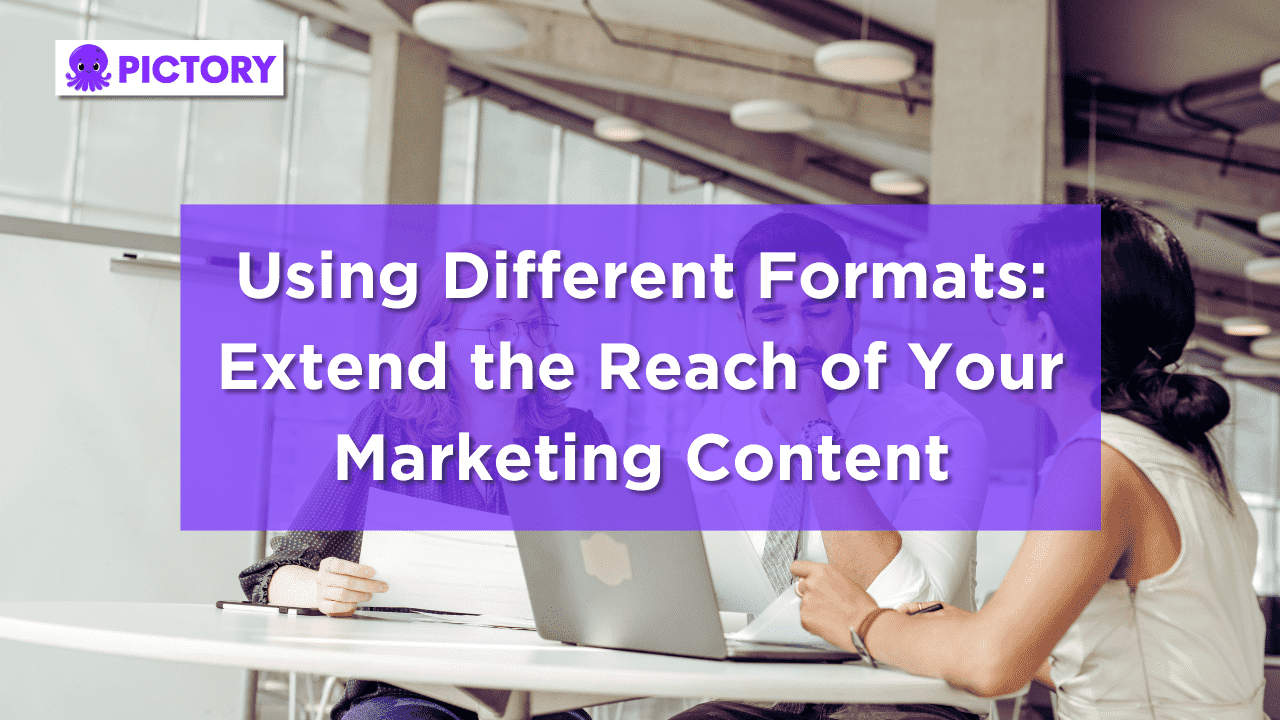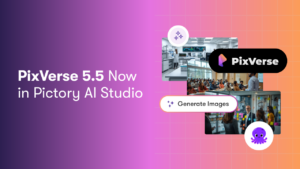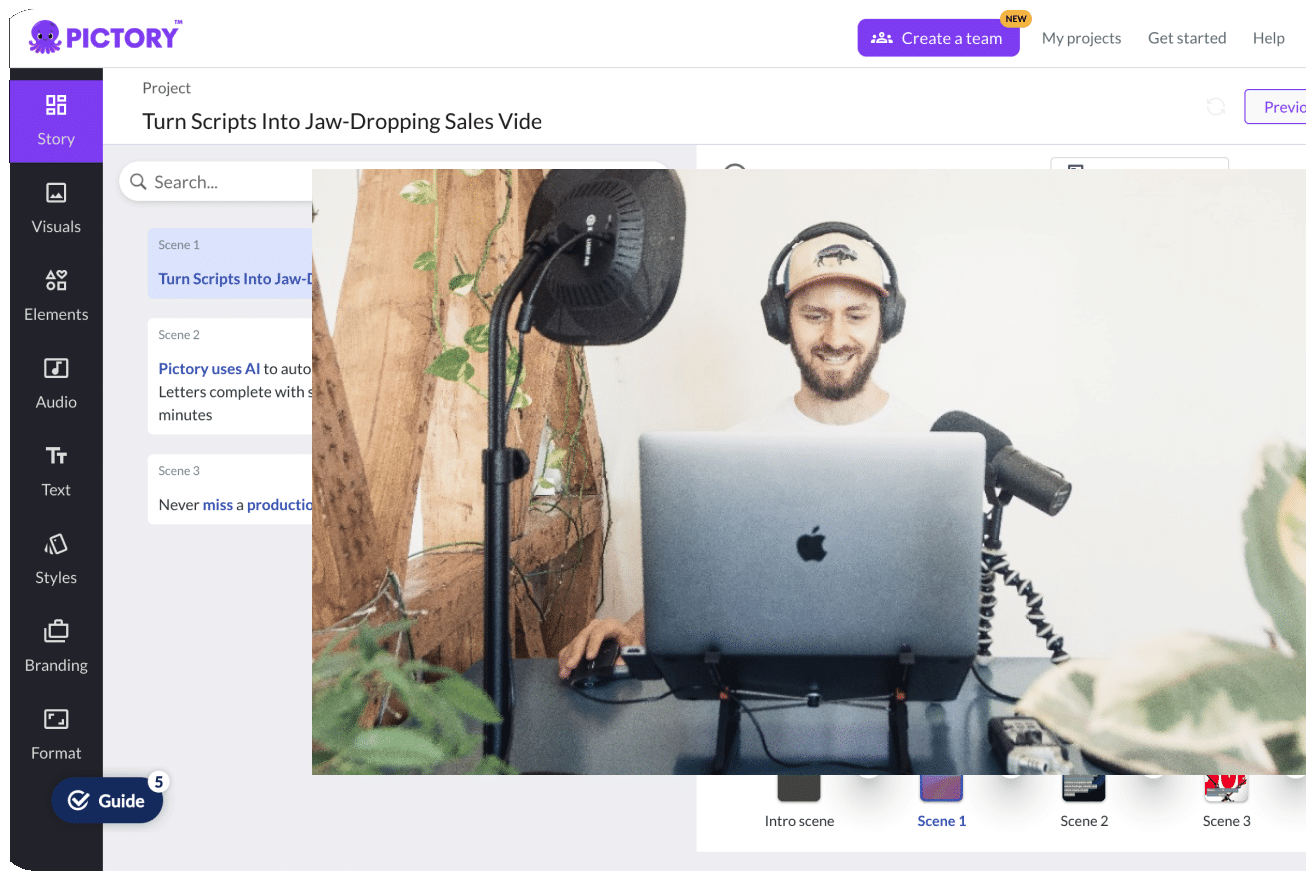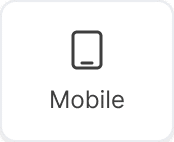When marketers sit down to draft their content creation plans for a business, there’s a certain amount of job security that goes along with their efforts.
After all, 97% of brands use content marketing to connect with their audiences, so you have to figure they’re on to something.
Indeed, content marketing is one of the most cost-effective methods of nurturing audiences, helping to build trust and authority in any given space.
The more you create content, and the more people know, like, and trust you, the more likely they are to want to do business with you.
And trust can create loyal brand advocates for the foreseeable future.
One of the things that makes content creation so effective is its versatility.
Create one piece of content, and you can utilize it across multiple platforms – getting more mileage out of your work.
To extend the reach of your content, incorporate each content format below into your content strategy.
Types of Content to Include in Your Marketing Strategies
In addition to content formats, content quality and frequency are important factors to consider as part of your content strategy.
Put another way, understanding what your audience needs and creating great content often can help to improve your search engine rankings and stand out from the competition.
Creating high-quality content is of particular relevance in the age of AI, when anyone can prompt AI tools like ChatGPT to create blog content and more.
Google claims not to penalize AI-created content as long as it satisfies searchers’ queries.
But content marketers are still recognizing that bulk, AI-generated content is inferior to high-quality, original, well-researched content created by a real human.
So whether you create blog posts, videos, social media content, podcasts, or everything in between, focusing on creating excellent work and repurposing content across formats will drive more traffic and take your existing content far.
Not only can you amplify your content’s impact across platforms, but you can also cater to different audience preferences and behaviors.
From the office worker who watches videos at lunchtime to the homeowner looking for an in-depth guide to water heaters.
There’s a time and a place for all kinds of content, and by publishing in multiple formats, you will ensure each piece of content complements the next.
This approach gives you a well-rounded content distribution strategy that reinforces your messaging across channels and drives audience action.
Benefits of Using Multiple Content Marketing Formats
Creating content in a variety of formats not only increases the likelihood of reaching more of your target audience but also lets you cater to diverse audience preferences.
As Neil Patel explains, content marketing isn’t simply about publishing as many social media posts as you can.
Effective content marketing is about storytelling.
That is, conveying the unique facets of your brand in ways that maximize audience engagement and interest.
Content marketing is a form of inbound marketing – where content attracts more potential customers at a lower cost because it’s high-quality and relevant.
In contrast, outbound marketing, such as email marketing and ads, interrupts target a customer with content they don’t necessarily want to see.
The magnetic nature of content marketing that’s done well keeps consumers coming back for more.
It’s a long game that focuses on building relationships.
That’s not to say outbound marketing isn’t important; however, without great content, your outbound marketing won’t have legs to stand on.
Create high-quality content and repurpose it across formats, and you’ll have a content marketing machine working around the clock to attract traffic to your website from multiple touchpoints.
Your content marketing can tell a story in a variety of ways to ensure your message hits home with all types of audiences, wherever they find your content.
Building a cohesive strategy that uses different content distribution platforms for your new content helps you reach more of your desired customers.
Diversifying content across social media platforms and other content hosting sites is a great way to ensure you’re reaching all corners of your consumer base.
Let’s take a closer look at the various formats you can utilize to extend your content reach, boost engagement, and get people clicking over to your website.
Long-Form Content
Blog articles, e-books, case studies, how-to guides, and other types of long-form content are where most successful content marketing efforts begin.
No matter what kind of business you have, if you write content in longer formats, it gives you an opportunity to showcase your expertise with content that speaks directly to your target audience.
Whether you have a B2C beauty brand that posts hairstyle tutorials or a B2B company that provides software as a service, long-form content is essential for establishing your authority in your space.
Human-generated content backed up with expert interviews, survey findings, real-world studies, and other original research will go a long way toward building confidence and trust with your audience.
The beauty of long-form content is that you can repurpose it in a variety of formats, making your new content work harder so you don’t have to invest more resources or reinvent the wheel every time you need to distribute content.
Key Benefits of Long-form Marketing Content
-
Ability to dive deep into a topic, helping to build authority and connect with target customers seeking in-depth answers to questions
-
Improved search results and more backlinks are more likely with a long-form blog post; search engines favor content that addresses topics thoroughly
-
Longer dwell time, aka the amount of time a user spends on a web page after clicking over to it from search engine results
-
Evergreen value; that is, long-form content that does not become outdated quickly can live on a website and continue to boost SEO over time
Social Media Content
Once you have long-form content created, you have endless fodder for social media content.
Not only can you share your blog posts on your social media pages, but you can also extract golden nuggets of information and turn them into shareable content.
For instance, if you have an e-commerce company that sells children’s clothes, you might create a blog post about keeping kids’ clothes clean.
You can take that blog post and turn it into beautifully designed images featuring various tips from the article.
Share these tips on your social profiles, create short video snippets for Stories and Reels where you share relatable stories about dealing with grass stains and muddy socks, and maximize the mileage on your long-form content without a lot of additional effort.
Key Benefits of Social Media Marketing Content
-
Ability to connect with your share of the 4.8 billion social media users worldwide
-
Increased brand awareness among a targeted group of followers
-
Direct engagement with prospects through comments, direct messages, likes, and shares
-
Extended content reach as people share your valuable, relevant content with their network
-
Continuous feedback that gives you greater insights into customer sentiment, pain points, and preferences
-
Cost-effective marketing on platforms you can also monetize
Podcasts
Taking the same example above, you could transform your long-form content into podcasts featuring expert tips and insights aimed at parents.
If you’re wondering whether anyone would listen to this type of content, consider that in the United States alone, an estimated 100 million people are expected to tune in to podcasts in 2024, according to Statista.
Podcasting is simply another medium to reach more of your audience in the content formats they want to use.
The busy mom or dad on their way home from work might not catch your latest blog article, but they’ll listen to your podcast on their commute if it’s engaging enough.
Key Benefits of Podcasts as Marketing Content
-
Ability to target niche audiences who gravitate to your subject matter
-
Builds connection and trust with your audience as they get to know your voice and turn to you for advice and answers
-
Reinforces the storytelling nature of content, helping you engage with listeners who eagerly await your next podcast drop
-
Increases brand visibility across podcast platforms among users who are seeking your type of content
Webinars
Many B2B companies hold webinars for their customers to explain how to use their products and services.
Often, these webinars come about out of customers’ needs – for instance, they might require a detailed walk-through of how to utilize various product features.
Or, you may want to provide deeper insights into the benefits of your offerings.
Say you create a blog article that explores frequently asked questions you get from your customers.
You could repurpose that article as a webinar that goes into greater detail on these questions and gives customers direct access to your product experts, research, thought leaders, and department heads.
Key Benefits of Webinars as Marketing Content
-
Foster direct engagement with participants, often resulting in leads and sales
-
Showcase expertise and establish authority and credibility
-
Connect with wider audiences anywhere, expanding your reach globally
-
Provide knowledge and insights in a focused setting where people have opted in to your content
Video Content
Over 3 billion internet users streamed or downloaded video content at least once a month in 2022, according to Statista. That number is set to grow to 3.5 billion in 2023.
It’s easy to understand the popularity of video. Videos give brands a personality, helping to highlight the characteristics that make a brand unique.
They can reveal a glimpse behind the scenes, share customer experiences, discuss product features and how-to tips, and explain the purpose behind the brand.
For a deeper look at this, read What is Video Marketing, and Why is it Important for Your Business?
Key Benefits of Video as Marketing Content
-
Engages your audience with visuals, helping to bring text-based stories to life
-
Creates a connection with audiences via visuals, music, and narration – helping your audience see the personality behind your brand
-
Supports versatility in your existing content, as you can share videos across multiple content formats, including social media, websites, and emails
-
Provides a content format to showcase customer testimonials and other persuasive content, helping to drive traffic and conversions
With Pictory, the process of video creation is simple and quick.
Using AI technology, the platform will turn any content – from blog posts to Zoom meetings and webinars – into shareable videos in just a few clicks.
You can then share these videos on social media and increase visibility in search engines by breathing life into written content.
Key Takeaways: Make Your Content Creation Efforts Count
When your business uses a variety of formats for your content, you can be everywhere your customers are and reach new audiences, too.
Repurposing new and old content on other platforms lets you connect with a wider audience and reach them when they are most receptive.
Given the importance of video in any sound content distribution strategy, consider utilizing Pictory for your video content creation needs.
With a user-friendly interface, and a wallet friendly pricing plan, Pictory can be a valuable tool in your content marketing strategy.
Start your FREE trial today to explore our world of content creation.
















